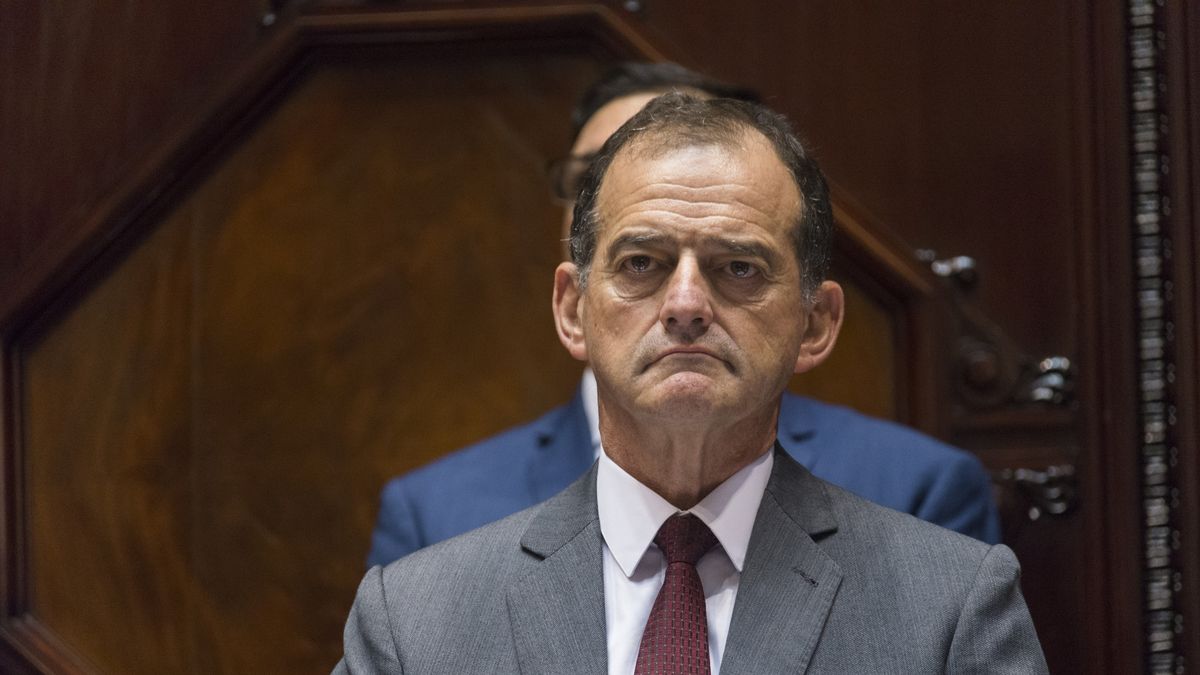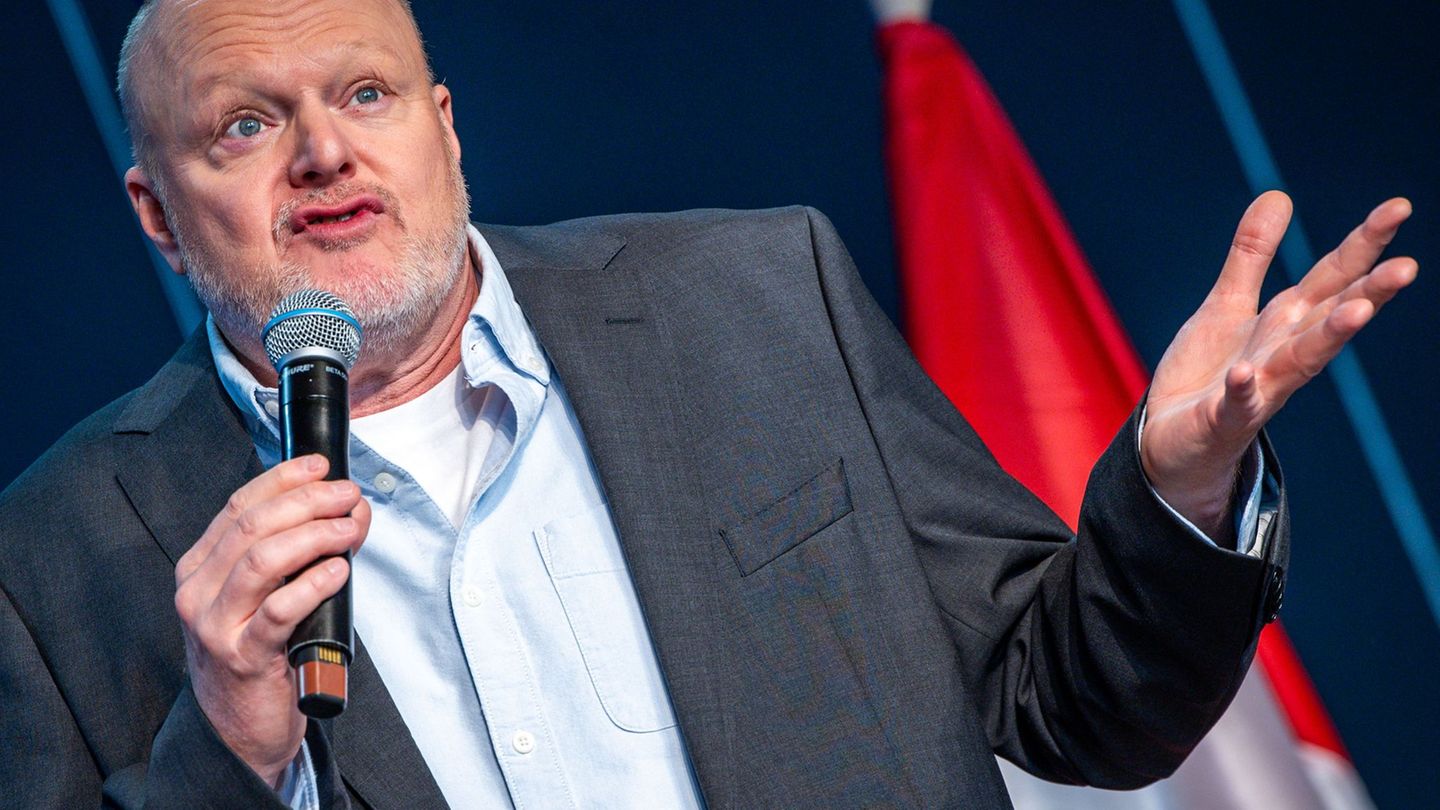The Media law continues to generate controversies within the Multicolor Coalition and even within one’s own Colorado Party since the former president Julio María Sanguinetti He questioned the actions of his legislators regarding the condition of the approval of the project, which would be subject to the veto of article 72 by the president. Luis Lacalle Pou and that led to the postponement of its vote, a measure that was also criticized by Guido Manini Ríos.
The vote of the lHey Media in Deputies it was postponed to the month of July, that is, after the internal elections. This decision was made because the Colorado Party resolved that it would not accompany the new law, unless the president vetoed article 72 of the project, which was highly questioned, even by the UNESCO and the UN.
“In the political field you can say whatever you want. These are debates that are implemented in the Parliament. They have no other dimension than that. It is the natural game of democracy: one asks, another denies, another compromises, it is the natural life of democracy,” Sanguinetti said regarding the position of his party.
Meanwhile, he assured that this discussion is “innocuous” because it has no execution and “it will not mean anything.” “We are not innovating towards intervention, because the current law was a bad law, everyone said so,” he added.
Manini Ríos’ complaint
“They are the same people who a year or so ago said that the Cabildo exercised a kind of blackmail with the issue of social security. And now it seems that they are conditioning their vote on the president announcing the veto,” said the leader of Town meetingGuido Manini Ríos on Channel 5.
Remarking that he felt “very sad” and emphasizing that it is a decision that “does not correspond,” Manini Ríos assured that “members of one power of the State are asking another power to annul their work, to veto what they are going to vote for.” .
“I don’t see who can be against that. Only someone who is willing to distort and distort reality. Really honest people cannot disagree with what we are establishing,” he said. “I think that what is being applied is a kind of smokescreen to talk about this article, to demand a veto to not talk about really controversial issues that this law has, such as the concentration of media in the same hands,” she added.
Reaffirmation by the Colorado Party
Meanwhile, the colored representative, Maria Roselló, He assured that the party’s decision has to do with the fact that article 72 “was introduced at the last minute in the Senate and was not integrated when it was voted” in the Deputies.
“For us, that article has a negative opinion: it tells journalists what they have to do, how they have to report, how they have to do their work, and it goes against press freedom, a fundamental principle that we defend as Colorados. and riveristas that we are,” he remarked.
Regarding the possibility of Lacalle Pou vetoing the article, Roselló assured that the party considered “the extension to be opportune to, at this time, be able to talk more and see if the president can veto it or not.”
The controversy around article 72
Article 72 continues to generate discord within the political, union and even international organizations such as the UN and UNESCO.
Article 72 provides that “citizens have the right to receive political communication in a complete, impartial, serious, rigorous, partial and balanced manner between political actors”, something that from the Broad Front (FA) and some international organizations warned of it as a possible attack on freedom of expression.
At the end of May, a statement signed by representatives of the UNESCO Regional Office in Montevideo and the regional representative for America of the South United Nations High Commissioner, Ernesto Fernández Polcuch and Jan Jarab respectively; where the need to review the content of the new media law was pointed out.
The reason was the concern that the project had been processed “without a prior debate” – something also criticized at the level of the ruling party, which preferred to move forward quickly while it had the votes and discussed the initiative in the plenary session without going through a commission; but also due to the fact that the legal text is contrary “to international standards regarding freedom of expression”.
“We call on the members of the House of Representativeswho must vote on this bill, so that they promote international provisions of human rights, as well as its subsequent consideration in consultation with social actors, including media, journalists and their associations,” the text added.
In addition, both organizations expressed that they remain “available for technical support and participation in the framework of a future debate on this bill.”
Source: Ambito



